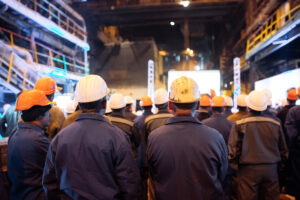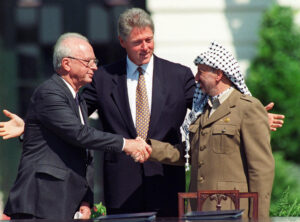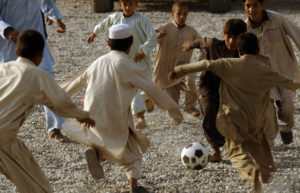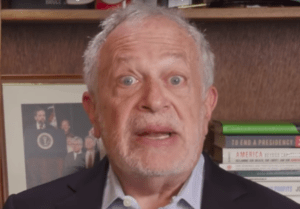20 Years After Rwandan Genocide, U.N. Is Still ‘Ashamed’
U.N. Secretary-General Ban Ki-moon was in the Rwandan capital of Kigali on Monday, where he said, "We could have done much more. We should have done much more."U.N. Secretary-General Ban Ki-moon was in the Rwandan capital of Kigali on Monday, where he said, “We could have done much more. We should have done much more.”
Rwandans are reflecting on the 100 day genocide in 1994 that saw the brutal murder of as much as 20 percent of the country’s population, mostly Tutsi.
Bill Clinton said in his memoir that not doing enough to prevent the mass killings was the greatest regret of his presidency.
The French ambassador was disinvited from the commemoration amid anger and a diplomatic breakdown over France’s support at the time for the government overseeing the genocide.
In a published statement, Ban reflected on the crises in Rwanda, Srebrenica, and Syria, each with its own complexity, before returning to Africa:
The world needs to overcome these moral blind spots. Member States may have rival definitions of national interest, or be unwilling to take on new financial or military commitments. They may be daunted by complexity and risk, or concerned that discussions about an imminent crisis in other countries might one day focus on their own situations. But the results of this indifference and indecisiveness are clear: the bloodshed of innocents, shattered societies, and leaders left to utter the words “never again”, again and again — in itself, a sign of continuing failure.
Over the past decade, the Central African Republic has struggled for global awareness of its plight, and over the past year has suffered the collapse of the state, a descent into lawlessness, and gruesome mass killing that has instilled widespread terror and sparked an exodus. People are exploiting religious identity in the fight for political objectives, threatening a longstanding tradition of peaceful coexistence between Muslims and Christians.
I appeal to the international community to provide the military support urgently needed to save lives, get police back on the streets and enable people to return to their communities. The African Union and France have deployed troops, but efforts by the European Union to launch a force have so far come to naught. There is an equally pressing need to start a political process in which reconciliation figures prominently. Any further spread of violence may engulf the wider region.
— Posted by Peter Z. Scheer
Your support matters…Independent journalism is under threat and overshadowed by heavily funded mainstream media.
You can help level the playing field. Become a member.
Your tax-deductible contribution keeps us digging beneath the headlines to give you thought-provoking, investigative reporting and analysis that unearths what's really happening- without compromise.
Give today to support our courageous, independent journalists.





You need to be a supporter to comment.
There are currently no responses to this article.
Be the first to respond.